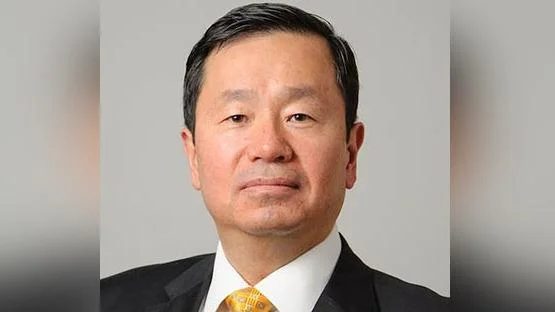Mun Y. Choi, PhD, President | University of Missouri
Mun Y. Choi, PhD, President | University of Missouri
Artificial intelligence (AI) is increasingly prominent, and the data centers that support this technology require significant cooling, consuming substantial energy. As AI-powered devices become more common, the demand for efficient cooling solutions will rise.
University of Missouri researcher Chanwoo Park is developing a new cooling system aimed at reducing energy consumption in data centers. “Cooling and chip manufacturing go hand-in-hand,” said Park, a professor of mechanical and aerospace engineering in the Mizzou College of Engineering. “Without proper cooling, components overheat and fail. Energy-efficient data centers will be key to the future of AI computing.”
Data centers house servers containing computer chips that store and process data for websites, mobile applications, and cloud services. In 2022, these facilities used over 4% of all electricity in the U.S., with 40% allocated to cooling equipment. As demand increases, so will energy requirements.
The U.S. Department of Energy has allocated more than $40 million to researchers seeking innovative cooling methods for data centers. Park recently received nearly $1.65 million from this initiative, known as COOLERCHIPS.
Current cooling methods involve air-moving fans or liquid systems that transfer heat away from computer racks. Park’s team is working on a two-phase cooling system that dissipates heat from server chips through phase change processes like boiling liquid into vapor within a thin porous layer. This system can operate passively without consuming energy when less cooling is needed; even in active mode with a pump, it uses minimal energy.
“The liquid goes in different directions and evaporates on a thin metal surface,” Park explained. “Using this boiling surface, we’re able to achieve very efficient heat transfer with low thermal resistance.” The system includes a mechanical pump activated only when additional heat absorption is necessary.
Early tests indicate that two-phase cooling techniques significantly reduce energy needed for equipment cooling. The team aims to have this system ready within the next decade as AI-powered computers become mainstream.
“Eventually there will be limitations under current cooling systems, and that’s a problem,” Park stated. “We’re trying to get ahead of the curve and have something ready and available for the future of AI computing.”
Park's research aligns with goals set by the Center for Energy Innovation at the University of Missouri. This facility will enable interdisciplinary researchers to address challenges related to rising energy concerns and rapid growth in AI by leveraging advanced technology for optimized energy production, storage, and efficiency.
“The center will allow us to explore additional ideas and innovations around energy-efficient processes,” said Park. “These are complex problems that require different areas of expertise."
The Center for Energy Innovation reflects Mizzou's tradition of fostering collaborative innovation across various disciplines such as engineering, agriculture, physics, chemistry, and public policy.





 Alerts Sign-up
Alerts Sign-up